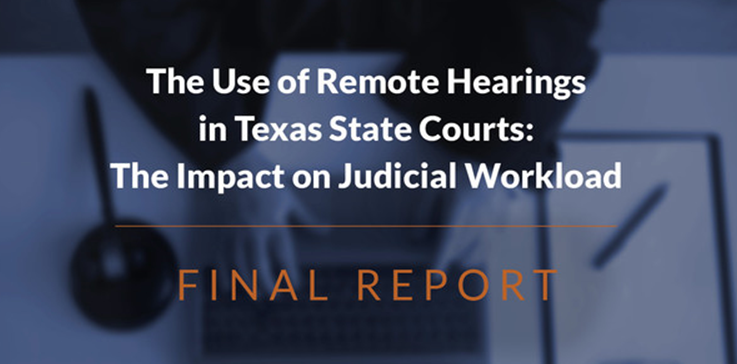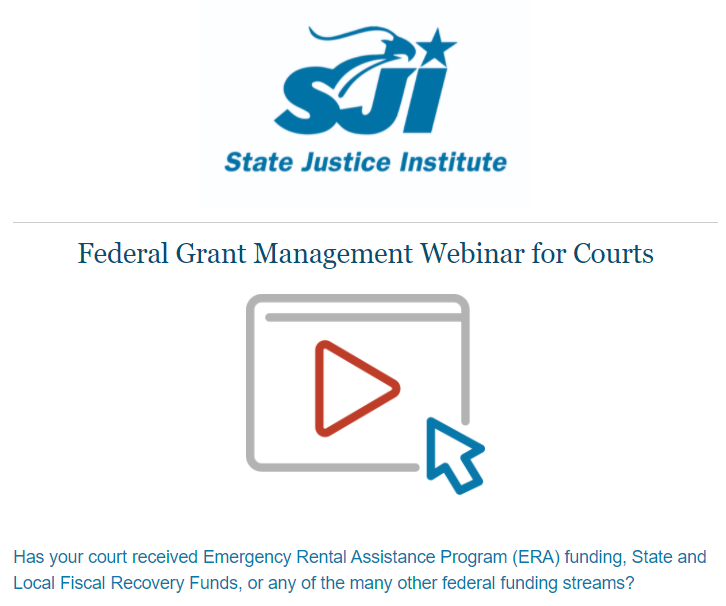IAALS, the Institute for the Advancement of the American Legal System at the University of Denver, announced today that it is launching Allied Legal Professionals. With generous support from the Sturm Family Foundation, this project seeks to help standardize a new tier of legal professionals nationally—to increase the options for accessible and affordable legal help for the public.
Up and down the income scale, the legal needs of people in this country are going unmet. The inability to afford a lawyer, among other factors, has led to ballooning rates of self-representation in our justice system, with over 70 percent of civil and family cases including a party without a lawyer. People in these situations are not only facing life-altering challenges such as child custody hearings or landlord/tenant issues alone—they also face disproportionately bad outcomes in their cases.
Allied legal professionals hold a key to bringing more accessible and affordable legal help where it is needed most. Like data we have on nurse practitioners, research on allied legal professionals is beginning to show great potential for excellent public service. While this new tier of providers is a fairly nascent development, these programs are spreading quickly across the country. The limited research we have shows that these licensed and regulated professionals—who are not lawyers—can nevertheless represent clients as well as or better than lawyers in the limited matters they handle.
IAALS’ Allied Legal Professionals project will establish national best-practice thinking around allied legal professional programs by:
- Analyzing existing and proposed programs, the limited empirical research available, and similar experiences and programs from other countries and other professions (like nurse practitioners);
- Creating a framework for evaluating the relative advantages and challenges in the different models that exist;
- Convening diverse leaders and stakeholders to review the data and experiences, and establish recommendations and best practices; and
- Building a model for states to follow when considering and establishing allied legal professional programs in the future.
To read the full report from IAALS, please visit: IAALS Launches Allied Legal Professionals in an Effort to Increase Access to Quality Legal Services and Help Reduce Barriers to Representation | IAALS



